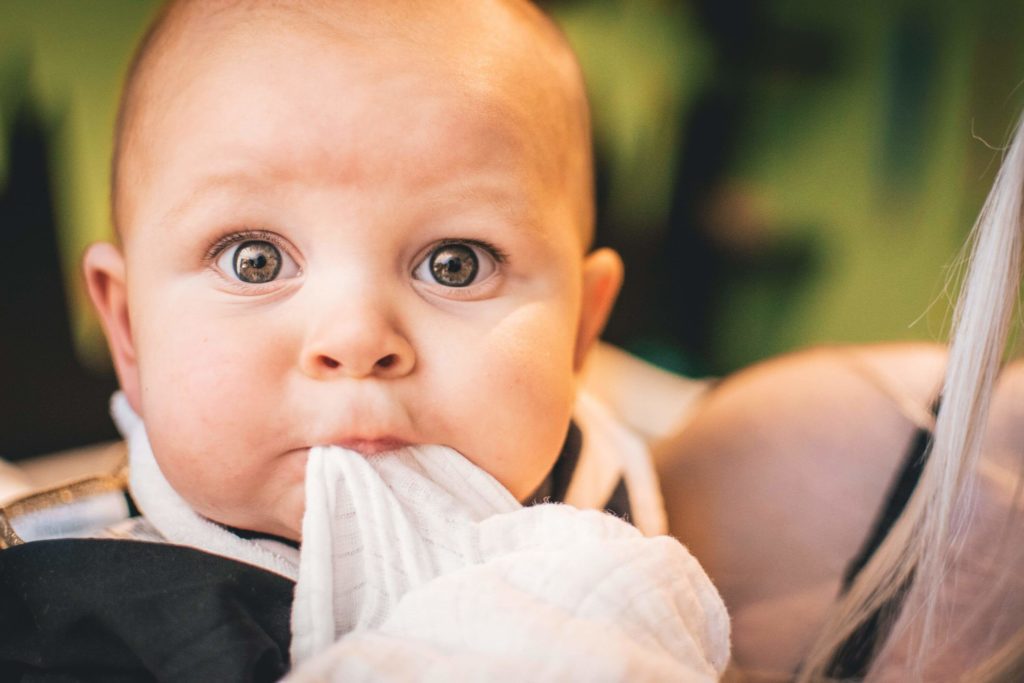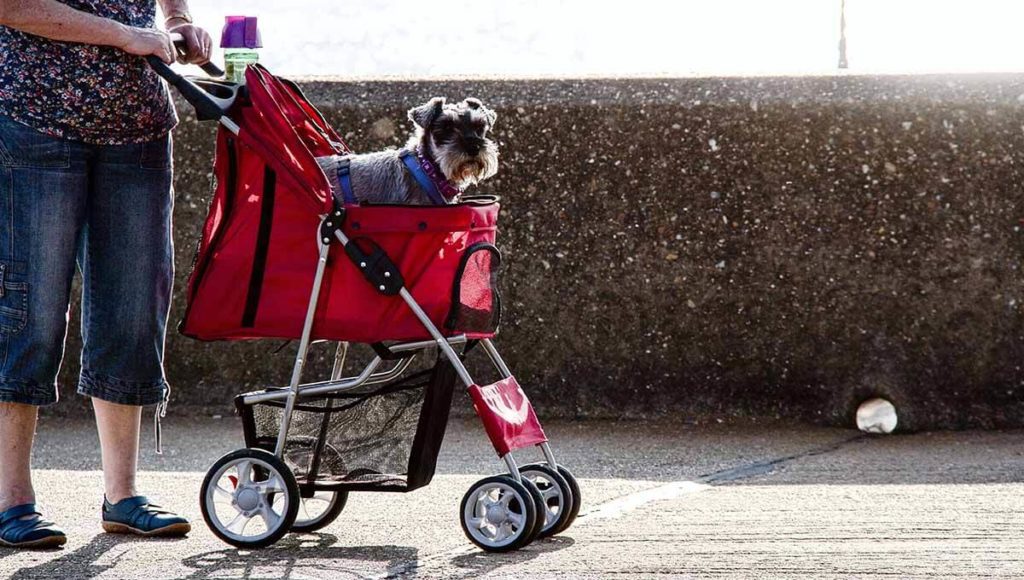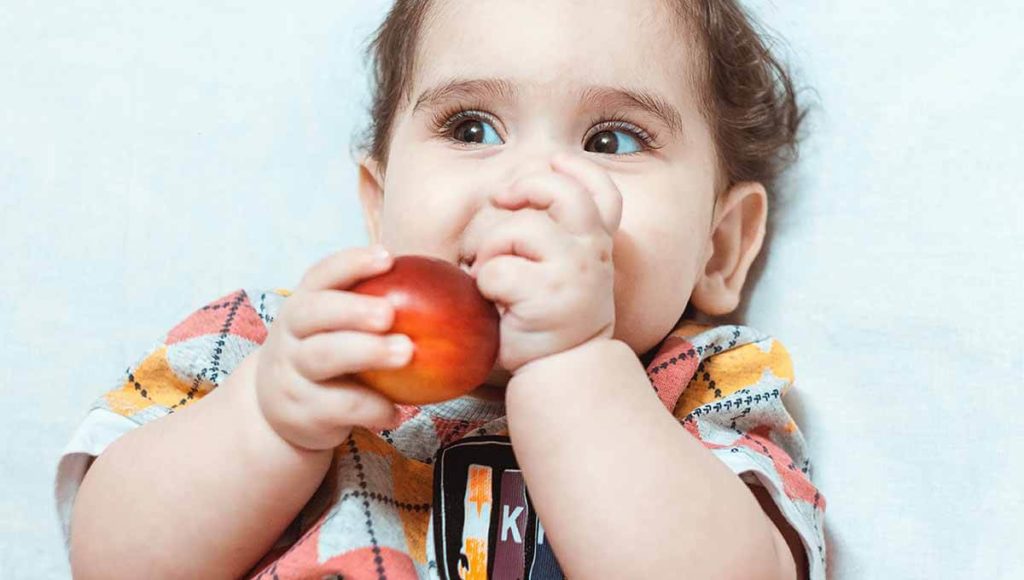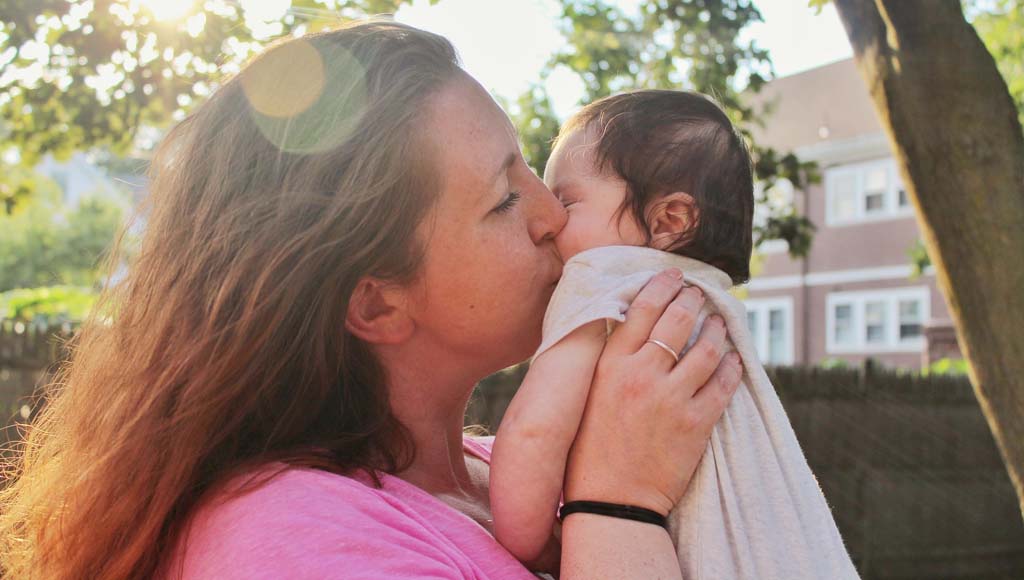Here comes the age when you can start feeding your baby solids. Your 6-month-old baby would also want more naps which allows them to have more energy in sitting up.
As parents, one of the most special moments while witnessing your child’s development is when they are achieving their “first milestones”. First crawl, first time to eat solid food, first time to say ”mama” and “dada” and the first time to walk. These actions may look mundane for us adults, but for babies, they are exciting milestones that every parent would like to witness since it is one of the first signs of a baby to become independent as they learn to move upright on their own.
Every month of a baby’s life is filled with exciting milestones but always remember that every baby is different and it also speaks on the pacing of their development. For instance, learning and attempting to walk – some babies may be attempting to stand and walk off on their own after just six months, while others will be over a year old attempting to walk.
Today, we will focus on your baby’s 6th-month age: the developments, their needs, the milestones, and what you need to expect.
Your 6-month-old baby’s growth
With a continued diet of formula or breast milk at around 30 ounces a day, your baby boy may now weigh between 13 to 23 pounds. This weight is very much achievable with the integration of solids like cereals, fruits, proteins at 1-9 tablespoons per day. Also, he might measure between 24-29 inches.
Meanwhile, if you’re growing a little girl, then she might be between 12-22 pounds. Her measurements might range between 23-28 inches.
Remember that when feeding your tiny cutie, keep your eyes peeled to the dos and don’ts of their diets. Introduce new food only one at a time. Avoid some foods like honey until their first birthday, for example.
What To Expect With Your 6-Month-Old?
Due to an improved and increased size of a baby’s body parts, they are now able to accomplish minuscule tasks that typically require better coordination.
Remember that each baby will have different paces on when they will be able to do the tasks we will be listing down below, so don’t be worried if your 6th-month-old child cannot do these tasks.
Here are some milestones that most 6th-month-old babies can do:
Physical Development
- Learns how to pass an object from one hand to another (like toys)
- Gets to roll from front to back and vice versa
- Can sit upright without support
- Initiates to stand up by himself with support
- Tries to crawl
- Likes to play with others, especially their parents
- Starts to raking grasp objects and will progress to a pincer grasp
- Starts to have eye contact with other people
Mental Development
- Learns to make specific sounds depending on their emotions (happy sounds or frustrated sounds)
- Will respond when talked to
- Recognizes familiar faces
- Also recognizes strangers and will get triggered (cry or reach back for someone familiar)
- Gets excited when looking at a mirror
- Knows how to respond when their name is called
- Learn their surroundings through touch and taste.
A Day in the Life of Your Baby
While every baby is unique, here’s an everyday schedule example you could follow when it comes to baby eating, sleeping, bathing, and playing.




